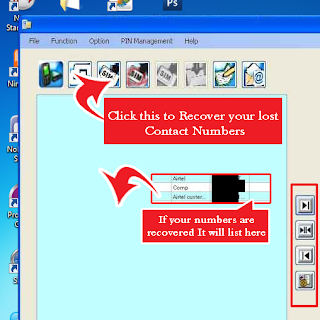Travelling and looking for Internet access? A new smartphone app allows users to share mobile Web access for free with other people nearby who have the same app.
Called Open Garden, the app forms a mesh network that enables each person connected to it to relay it to other users.
"Every smartphone is a computer and a router, so we thought it was the right time to interconnect all of these devices together to make general access more ubiquitous," said Micha Benoliel, co-founder and CEO of the San Francisco-based company Open Garden.
"As long as the devices are in proximity they recognize themselves seamlessly. If one device in the mesh has access to the Internet, then the other device can benefit from it," Benoliel added.
If a smartphone user with Open Garden is in a cafe or hotel and does not have access to Wi-Fi, but someone else does, the user can piggyback on the other person's connection.
Benoliel said the functionality could be especially useful for travelers eager to avoid hefty roaming charges.
"You can be traveling and arrive at an airport and instead of paying expensive roaming charges, you can just connect to someone in the airport who has Open Garden," he said.
When there is no direct Internet connection in the network, the app accesses the Web through links to other devices such as laptops or mobile phones. If the person whose connection is being shared leaves the network, the app automatically connects to the next best connection.
The app is available for Android devices, Windows and Mac. It works as a mesh network only if it has been installed by other people nearby to form the peer-to-peer connections.
Benoliel said the app can also be used to interconnect different devices, such as an iPhone and tablets, for free using the plan.
The company is working on features to help users limit who shares their Internet and data connections and how much data they want to allocate to the app.
In future versions, the company said users will be able to connect to social networks to specify desired network sharers.
Despite criticism from mobile carriers concerned about losing revenue, Benoliel said the app could benefit them by helping to decongest crowded 3G and 4G networks by offloading them to WiFi, where there is more capacity.





